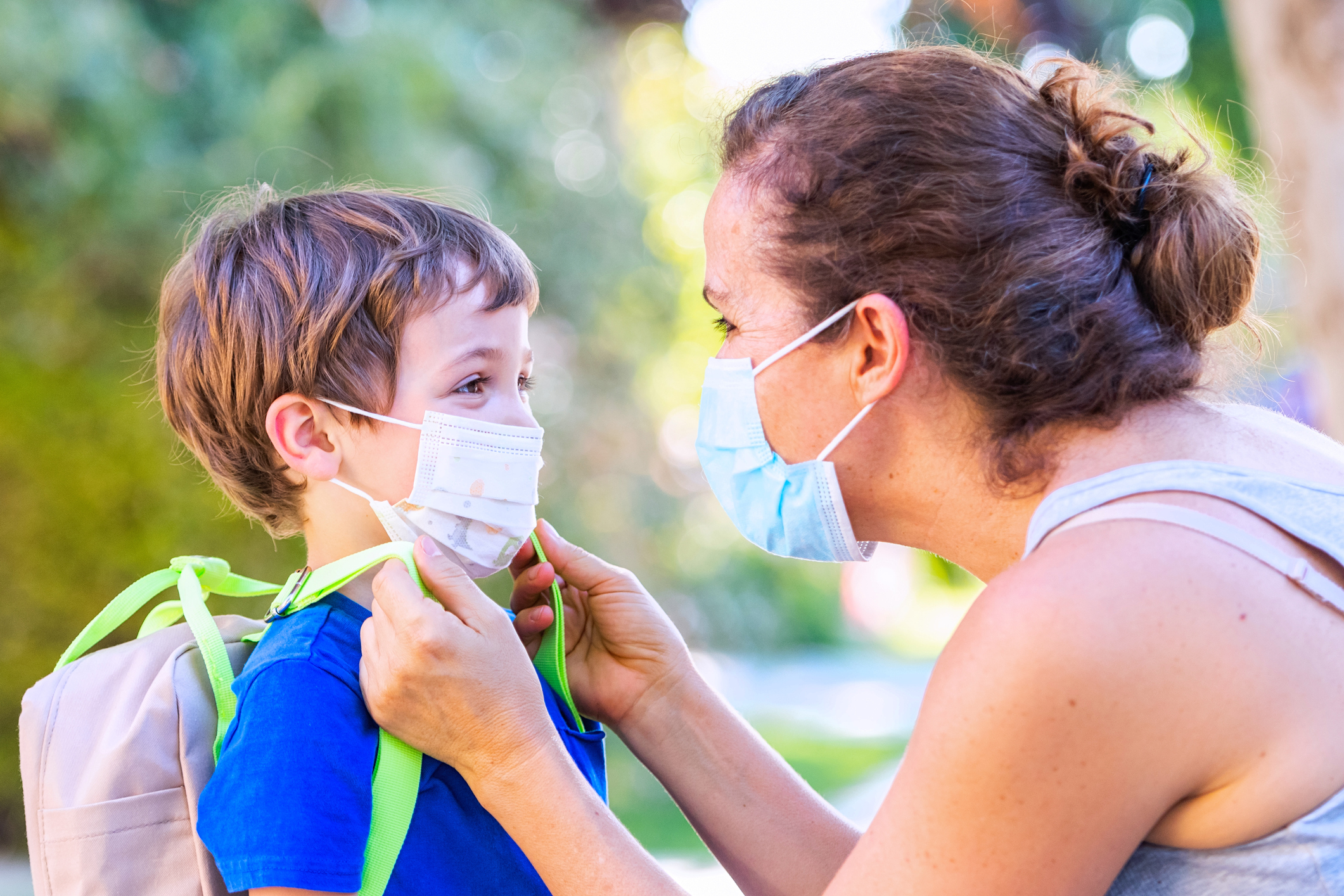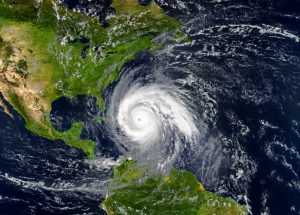For many people who are prone to migraine headaches, summer can be the season when they are most affected. This doesn’t mean having to stay indoors to avoid symptoms, but instead learning the causes of migraines and taking precautions they should be taking to prevent them.
Migraine headaches are caused by changes in the brain that are brought on by several factors which include stress, hormonal changes, lack of sleep and food allergies. Factors that occur most commonly in summer include:
- Changes in the weather
- Sensitivity to bright light
- Excessive heat and humidity
- Changes in barometric pressure
- Dehydration
In order to help prevent some of the causes of summer migraines, one can follow these helpful tips:
- Make sure that you are drinking water adequately and frequently
- Avoid beverages containing caffeine and alcohol
- Wear a hat to keep the sun’s strong rays from your head and eyes
- Protect your eyes with a good pair of sunglasses
- Minimize the amount of time spent outdoors during the hottest part of the day
- Do your errands during the cooler times of the day, if this is not possible, try to take breaks when you can and move into a cooler place.
People who experience frequent summer migraines don’t have to spend the summer indoors. If they take adequate precautions, they too can enjoy their time outdoors.
Speak to your physician if you experience frequent migraines at any time of the year and would like recommendations on how to manage them. To make an appointment to see a physician at Flushing Hospital Medical Center, please call 718-670-5486.
All content of this newsletter is intended for general information purposes only and is not intended or implied to be a substitute for professional medical advice, diagnosis or treatment. Please consult a medical professional before adopting any of the suggestions on this page. You must never disregard professional medical advice or delay seeking medical treatment based upon any content of this newsletter. PROMPTLY CONSULT YOUR PHYSICIAN OR CALL 911 IF YOU BELIEVE YOU HAVE A MEDICAL EMERGENCY.









